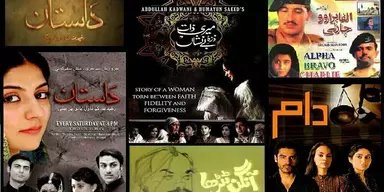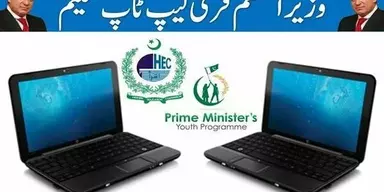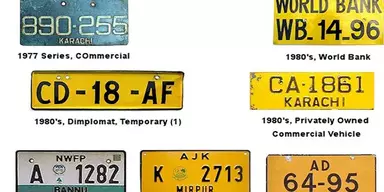Eidiyah, often spelled Eidi, refers to offering money to youngsters as part of the Eid celebrations. This practice, which has its roots in the Middle Ages but has since developed, consists of more senior members of a family or group giving money or presents to younger members.
If your nieces, nephews, or grandkids are of age to get their first Eidiyah this year, or if you’re just unsure how much eid money to give, here’s all you need to know about this Islamic custom.
When celebrating Eid, why do we offer children money?
Eidiyah is a portmanteau of “Eid” and “Hadiya,” which means “Eid presents.” In contrast, Muslims all across the world recognize this custom under a variety of names, such as salami and green envelopes.
Historically, the Fatimid Caliphate in the 10th century AD is credited with initiating the practice of Eidiyah. On the morning of Eid al-Adha, caliphs would distribute food, clothing, money, and other presents to the citizens of their empire.
Eidiyah has developed, as with other customs. Each individual, group, and nation has unique traditions for celebrating Eid. Traditional Eidiyah celebrations are held in Egypt, Pakistan, and the Philippines. On the other hand, Eid money is not practiced by all communities.
Not all families expect or require monetary presents. Some parents believe that only giving children cash teaches them the value of money. Hence they refuse to provide anything but cash.
Is there a suggested amount to gift during Eid?

There is no prescribed sum for Eid money. Many considerations come into play, including the number of children to whom you feel obligated to provide Eidi, the customs of your community or family, your level of familiarity with the children, and your financial situation.
The average amount spent on Eidiyah presents by British parents is between £20 and £100 per kid. Eidi can also be given by grandparents, aunts, uncles, and other adult relatives or neighbors, often ranging from £10 – £50 per kid.
Depending on the child’s age, it is appropriate to present a varied monetary gift. In any case, it’s commonly accepted that if you gift Eid money, you should give it to all the kids in your family or community.
Besides cash, what other presents may you consider giving?
- If you’re still unsure, there are many alternatives to giving Eid money. There are several, but some of them are:
- Outfits, including footwear, are included.
- Technological apparatuses and equipment
- Books
- Toys
- Cards
- Cosmetics
To what extent does Eidiyah hold sway among Muslims?
Traditions like Eidiyah are celebrated with great delight by Muslims. There is no age limit in Islam for those who practice this virtue. Not all Muslims, nevertheless, observe Eidiyah. Some people avoid celebrating or forego Eidi because they feel it has been commercialized. There are cultural contexts in which giving monetary gifts to youngsters is frowned upon. Alternatively, some families reserve Eidiyah as a prize for surviving the month of Ramadan. Explore the significance of Ramadan and the celebration of Eid through reading.
Ask the child’s parents or guardians if you need clarification on whether or not to provide Eidiyah.
How to Send Eid Gift Money to Loved Ones
New, unopened bills are the traditional form of Eidiyah, which is presented in a money pouch or envelope. This is still done often, and many kids like the tactile experience of handling real currency.
Carrying cash, however, is not the safest way to disperse funds. You may send money securely through bank transfer, PayPal, or wire transfer. If you’re seeking a more secure way to send Eidiyah, here is an excellent place to start because these methods are often considered halal.















